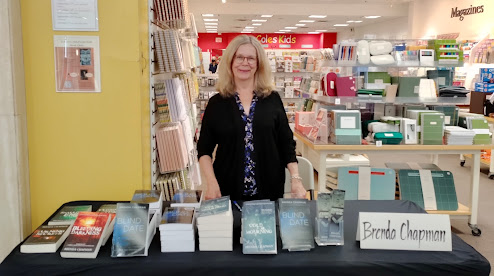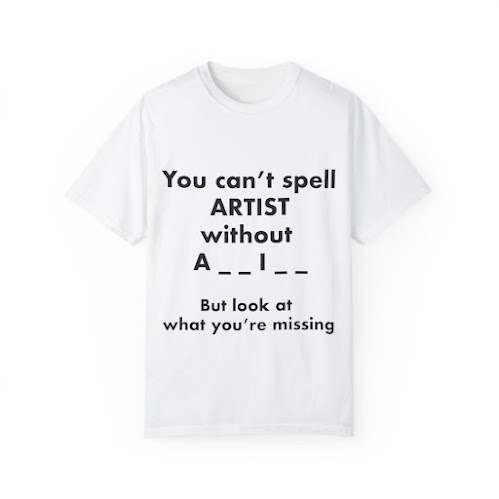What’s the best question you’ve ever been asked as a writer? What's the worst? And what question do you wish you were asked but nobody’s ever asked it?
by Dietrich
Like any writer, I get asked about craft, inspiration, and the dark corners of my imagination. Some answers are almost automatic, while others leave me digging deeper.
I think the best question I’ve been asked was “How do you find the humanity in a monster?” This was at Word on the Street in Toronto a few years ago, and the person in the audience wanted to know how I unearth the flicker of humanity under the layers of depravity. I explained that to my mind even the most heinous characters carry pain, fear and their own warped logic — not to mention, a belief that they feel justified in their actions. As a writer, it’s not about excusing those actions but understanding them and getting under the surface. All of which makes the characters seem real.
When I think of finding humanity in a monster I think of characters like Hannibal Lecter from The Silence of the Lambs by Thomas Harris. Or Tom Ripley from The Talented Mr. Ripley by Patricia Highsmith. Or Dexter Morgan from Darkly Dreaming Dexter by Jeff Lindsay. It’s almost scary to think we could root for such characters.
As my writing leans more to crime fiction than thrillers, I don’t think of many of my characters — the protagonists anyway — as monsters but more as likable villains. I love reading novels where this type of character lurks. I think of Ordell Robbie from Elmore Leonard’s Rum Punch. A smooth-talking, street-smart arms dealer with a laid-back charm, he navigates his criminal world with a grin. Even as he plots murder, his charisma makes you almost want to see him pull it off.
Or take Dick Ritchie from The Shark-Infested Custard by Charles Willeford. He’s a slick sleazeball and an amoral womanizer with a likability that comes from his breezy confidence. It’s like watching a shark swim easily through the water — right before it chomps down.
One of the worst questions I’ve been asked, “Why don’t you write something happy?” Or, “Why dwell in the grim when you could write sunshine and rainbows?” The simple answer is I choose not to sugarcoat the real world we live in, and an all-happy tale would run the risk of feeling hollow.
Outside the page, it’s the small acts of kindness — people helping and caring — that remind me goodness isn’t fiction. But, a good story needs its conflict, and besides, the truth isn’t always happy, and life isn’t always uplifting. Storytelling’s a mirror to a human experience that’s often raw, chaotic and marked by struggle.
So, writing about violence isn’t just for shock value, it’s a way to look at some uncomfortable realities. I love diving into the grit and exposing the truths faced by my make-believe people.
And I think readers like to connect to a character’s authenticity, finding catharsis in seeing their own struggles reflected, even when it’s unsettling. A happy story might soothe, but a harsh one can ignite.
A Question I Wish I Were Asked: “What keeps you believing in the good after writing the bad?”
No one’s ever asked me this, but I wish they would. I’d love to talk about how writing the bad sharpens my appreciation for the good. Even in the worst of humanity, there’s a spark worth saving. I’d tell the person asking it’s that kind of spark that fuels my writing.








